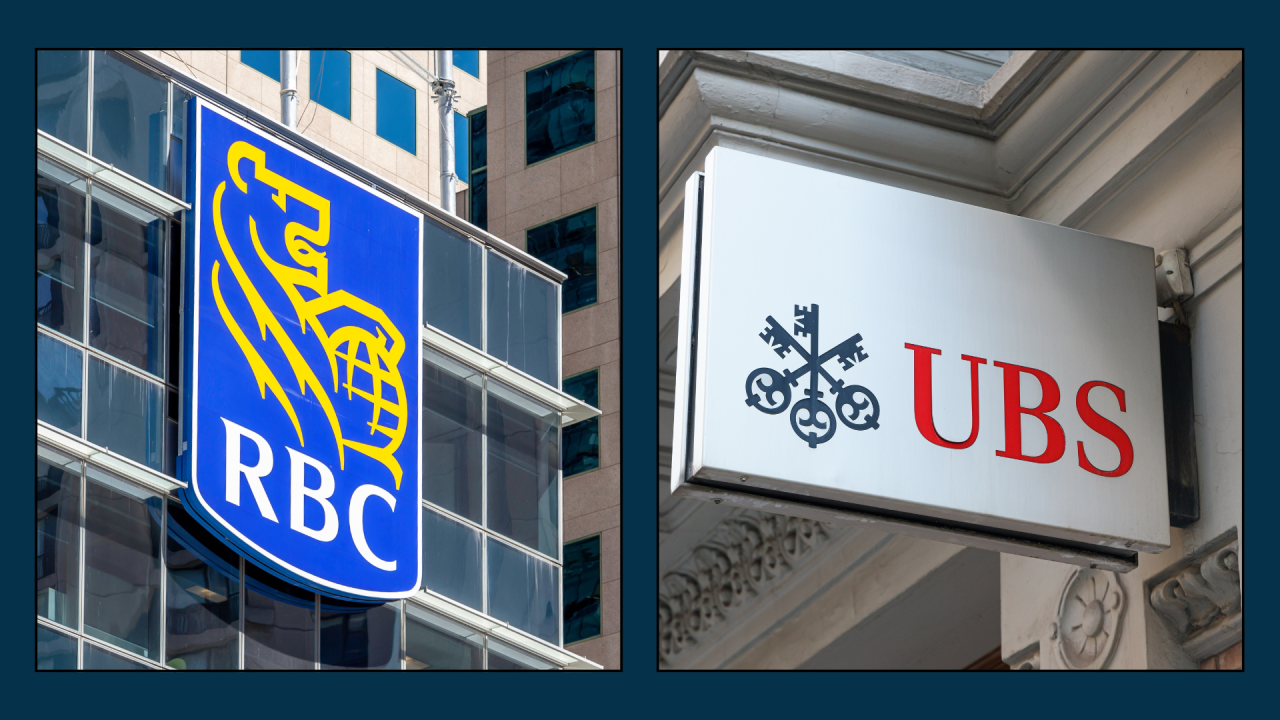Roughly a decade ago, the catchphrase at nearly any wealth management conference was "robo advisor," and the question everyone was asking was whether it would replace the human advisor.
Now, the most talked about catchphrase on the conference scene is "artificial intelligence." So what happened to all the robo advisors? Did AI replace them? And could AI replace human advisors?
"I actually think robo advising and AI will eventually work hand-in-hand with the advisor as time moves forward," said Christopher Marsico, chief financial officer and a partner at Rossby Financial, an open-architecture RIA platform based in Melbourne, Florida. "I don't think AI is going to eliminate the advisor, no more than the robo investment advisors were touted to do about five years ago."
One of the
"We see a ton of opportunities for AI," Mileham said. "But we don't see it at the heart of the customer advice loop."
As many have discovered since automated investment firms like Betterment and Wealthfront launched in 2008, the fear that robo advisors would take over did not pan out.
Though they haven't taken over, they have hardly disappeared. In fact, a larger reshaping of the industry has occurred in recent years as some mega firms have sold their robo-advisory business arms.
Just a few weeks ago, Goldman Sachs said it was closing its automated-investing business and transferring the clients and assets, a $45 billion portfolio, to Betterment.
READ MORE:
"The top-line robo advisors have sort of quietly been eating the world," but "there have been so many entrants to the space [including] legacy financial firms," Mileham said. "Some have been able to make it or they want to focus their resources elsewhere."
The global robo-advisory market is expected to grow 32% from $8.2 billion in 2023 to $32.94 billion in 2028, according to a March report by Allied Market Research.
And some more traditional brokerage firms continue to build their retail robo advisors, including Fidelity Investments' Fidelity Go and the Vanguard Digital Advisor.
But the concept of creating a low-cost robo advisor for the greater masses takes some intense scaling to make it profitable, which has its costs. In February 2023,
READ MORE:
The cost to scale a lower net worth market is partly why a robo advisor model does not always work well for more traditional firms that built their business on personalized service for high networth clients. Robos also do not work well for any investor who reaches the level where they need human interaction, whether because they have a technical question or more complex finances to manage.
"There's nothing that will ever replace a couple things: one is the personal touch an advisor can add, and two [is] the trust a human-to-human interaction has," said Ritik Malhotra, co-founder and CEO of Savvy Wealth, which provides an AI-backed digital platform for advisors. "It's a tale as old as time: It's robo advisor back in the 2010s. It's AI now in the 2020s. Ultimately, the advisor is not getting replaced, and that's what we've bet our chips on."
Last month, J.D. Power released its annual survey of self-directed investors that showed
"Retail brokerages need to rethink their role in their clients' lives and start to deliver clear, quantifiable value, particularly to younger investors," said Craig Martin, J.D. Power's executive managing director and head of wealth and lending, in a statement. "Right now, that personal connection is really missing at many firms."
Despite consolidation in the robo advisor space, Mileham said it's more "competitive as ever." But he also added that Betterment never aimed to build a robo advisor to replace the advice a human can give.
"I don't think we ever tried to make the case that [robo advising] was a substitute for the financial planning conversation that you can have with an advisor," he said. "Getting more high-quality advice into more people's hands was always the name of the game for us. And automation has proven to be an incredibly powerful tool for getting more of that advice in Americans' hands."






